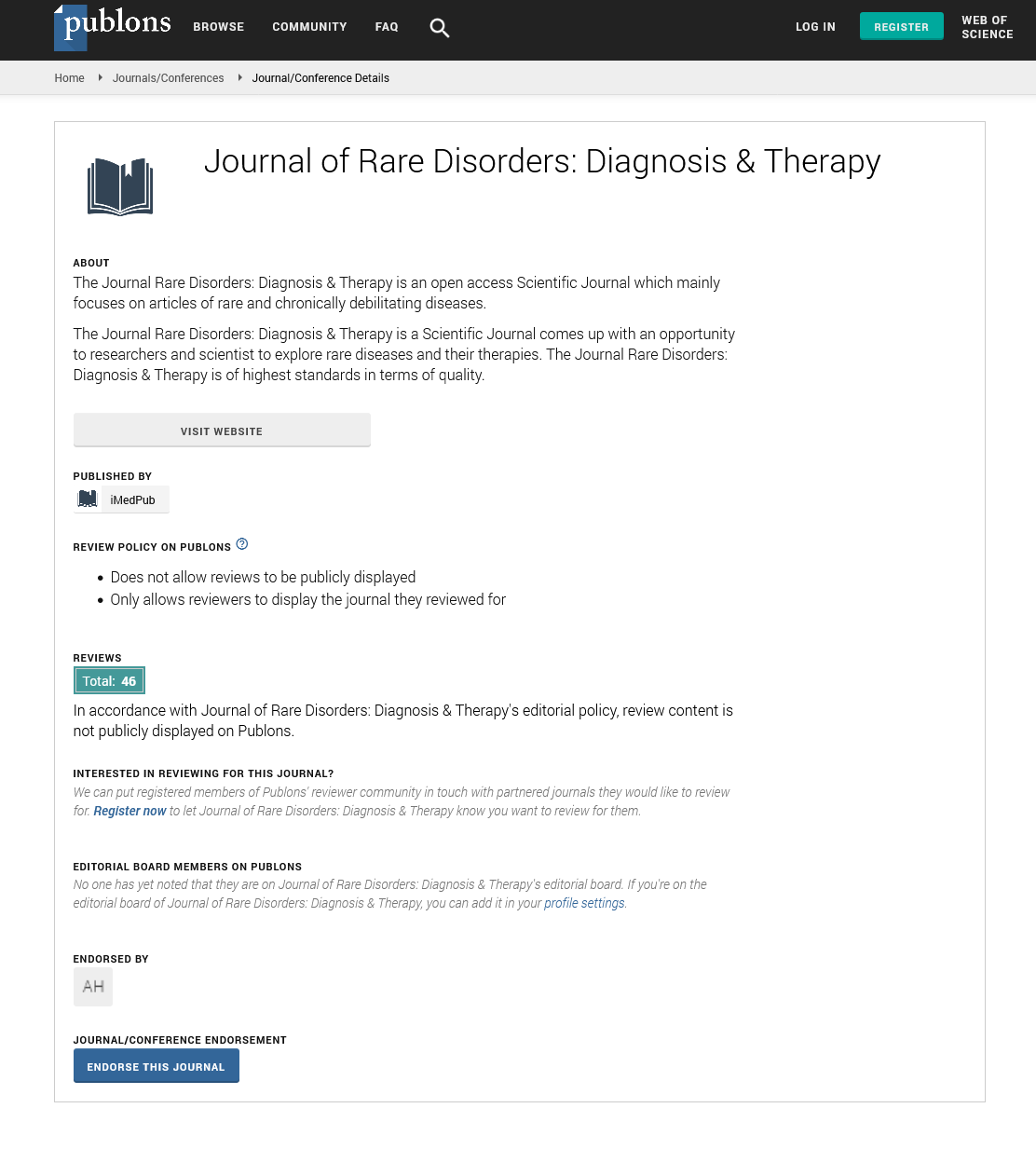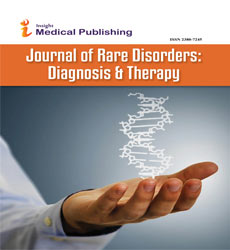Abstract
Secondary Hemophagocytic Syndrome: Differences between the Etiologies Autoimmunes and Hematological Malignancies Subgroup
Background: Hemophagocytic Syndrome (HPS) is an uncommon disorder with high mortality. HPS is reported to be usually related to some underlying conditions; autoimmune (AI) and hematological malignancies (HM) are two main underlying conditions. Here, we attempted to determine the clinical characteristics/ differences of HPS according to underlying conditions; AI vs. HM, based on our experience.
Methods: We studied all adult patients with HPS diagnosed at our institution from 2005 to 2019. Demographic, clinical characteristics, laboratory findings, underlying disorders, hospital stay and prognosis variables were examined and related to the underlying conditions.
Results: A total of 30 patients (median age of 55 years and male/female of 14/16) met the inclusion criteria which we analyzed: HM: 12 (40%), AI: 10 (33%), and others: 8 (27%). HM group, compared with AI group, showed a significantly longer length hospital stay (HM vs. AI: 61.5 vs. 30.5 (median)), more severe thrombocytopenia, leukocytopenias, and neutropenia, and importantly, higher mortality (with overall mortality and HM-related HPS-mortality being 43.3% and 66.7%, respectively). Contrarily, HM group, compared with AI group, showed less severe liver abnormalities (AST; 106 vs. 457 (median): ALT; 109 vs. 457 (median)).
Conclusion: The HM subgroup presented a greater mortality and a higher number and severe cytopenias but lower elevation of transaminases.
Author(s):
César Antonio Egües Dubuc*, Jaime Calvo-Alen, Lizbeth Patricia Cabrera- Miranda, Andrea De Diego Sola, José Ramon Furundarena Salsamendi, Nerea Alcorta Lorenzo, Jesús Alejandro Valero Jaimes, Luis María López Dominguez, Jorge Jesús Cancio Fanlo, Olga Maiz Alonso, Esther Uriarte Isacelaya and Joaquín María Belzunegui Otano
Abstract | Full-Text | PDF
Share this

Google scholar citation report
Citations : 241
Journal of Rare Disorders: Diagnosis & Therapy received 241 citations as per google scholar report
Journal of Rare Disorders: Diagnosis & Therapy peer review process verified at publons
Abstracted/Indexed in
- Google Scholar
- China National Knowledge Infrastructure (CNKI)
- Directory of Research Journal Indexing (DRJI)
- Publons
- International Committee of Medical Journal Editors (ICMJE)
- Secret Search Engine Labs
- Euro Pub
Open Access Journals
- Aquaculture & Veterinary Science
- Chemistry & Chemical Sciences
- Clinical Sciences
- Engineering
- General Science
- Genetics & Molecular Biology
- Health Care & Nursing
- Immunology & Microbiology
- Materials Science
- Mathematics & Physics
- Medical Sciences
- Neurology & Psychiatry
- Oncology & Cancer Science
- Pharmaceutical Sciences


